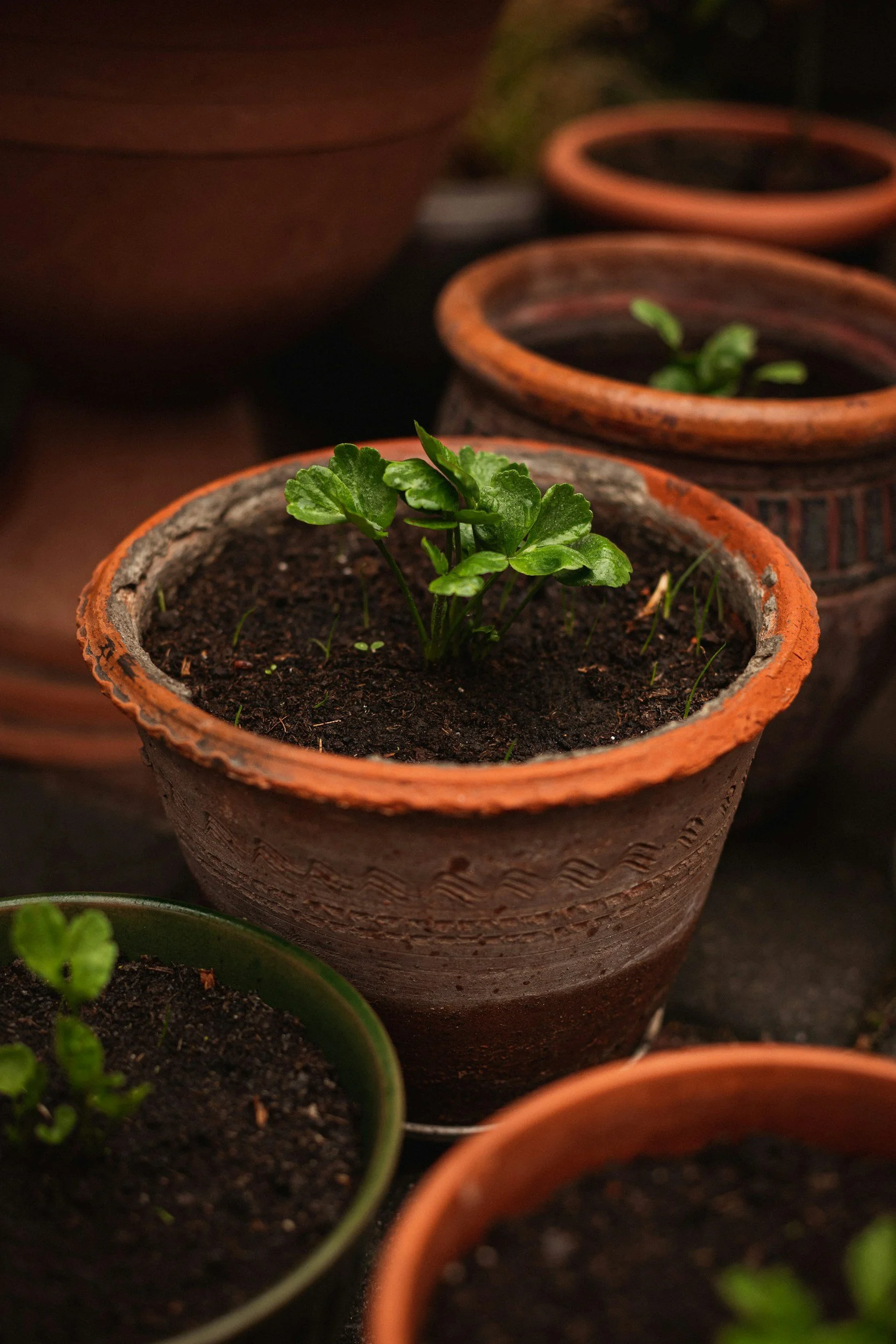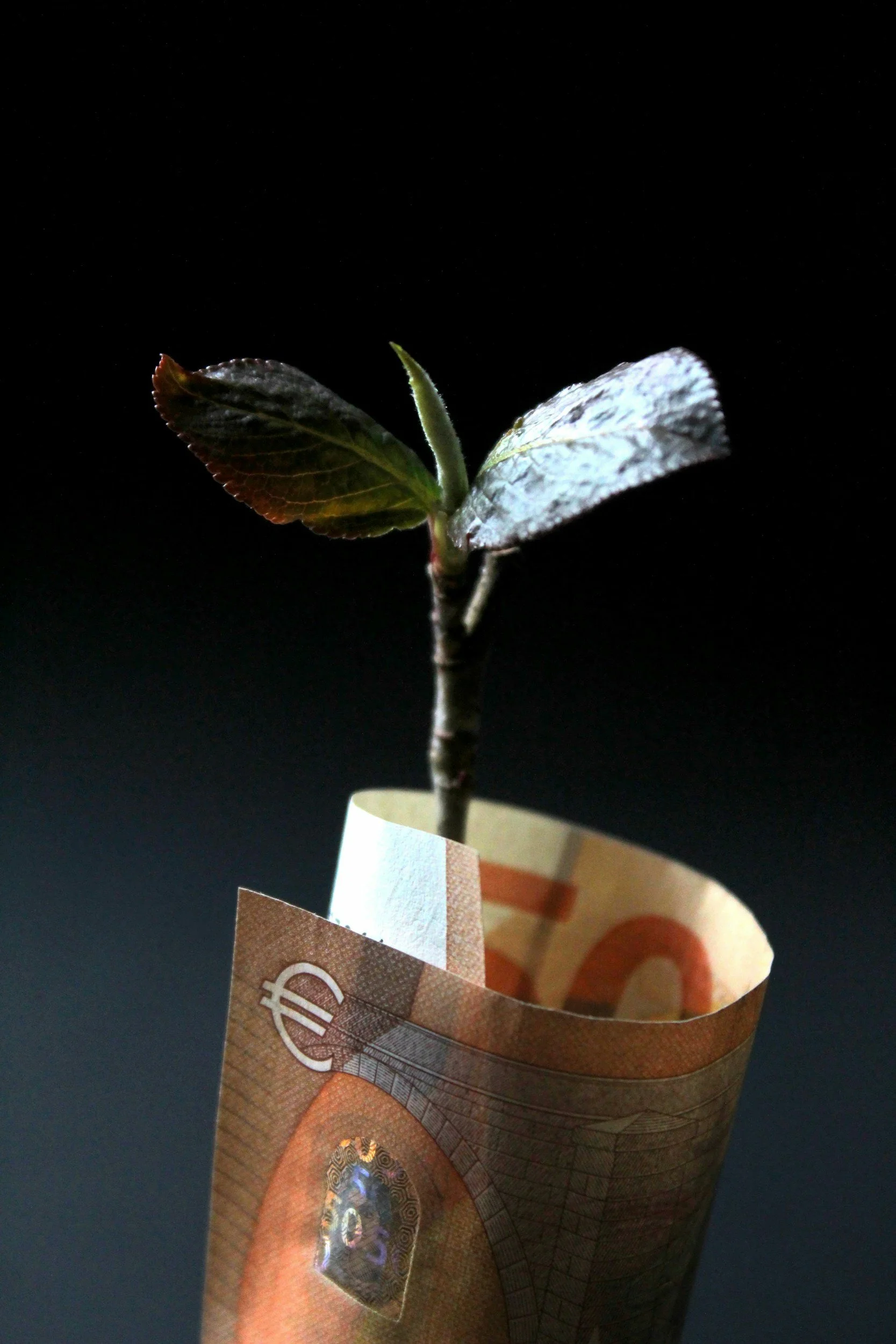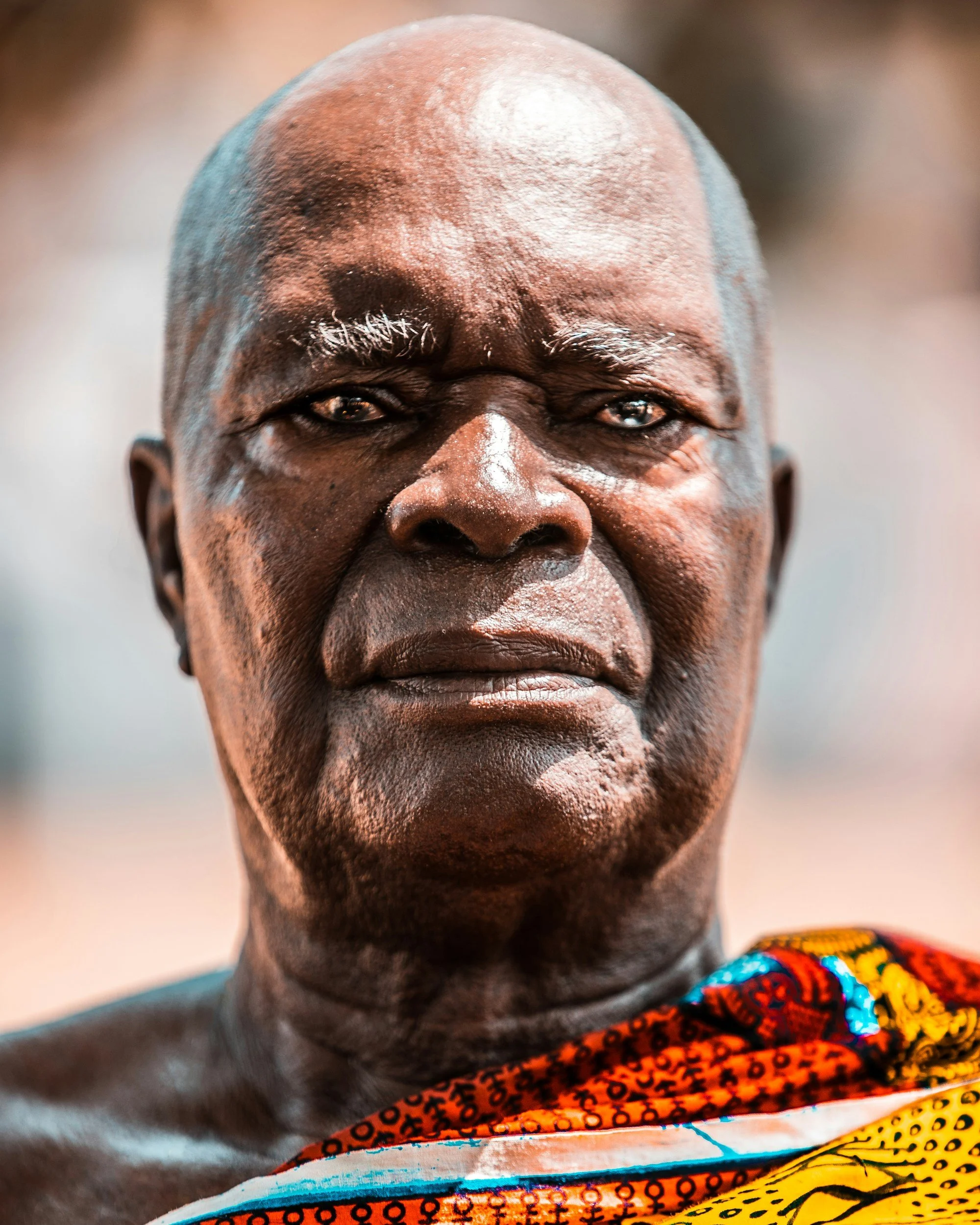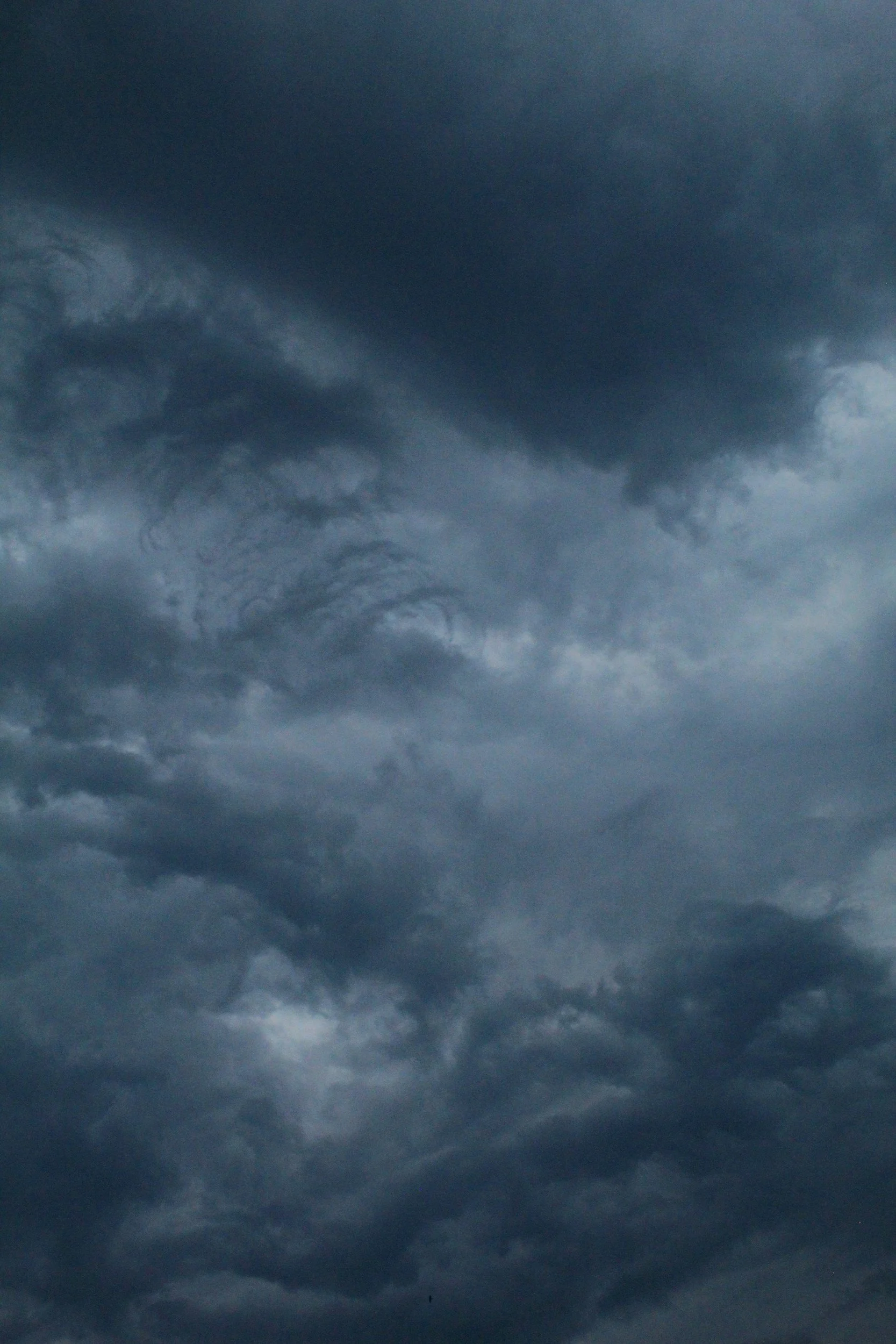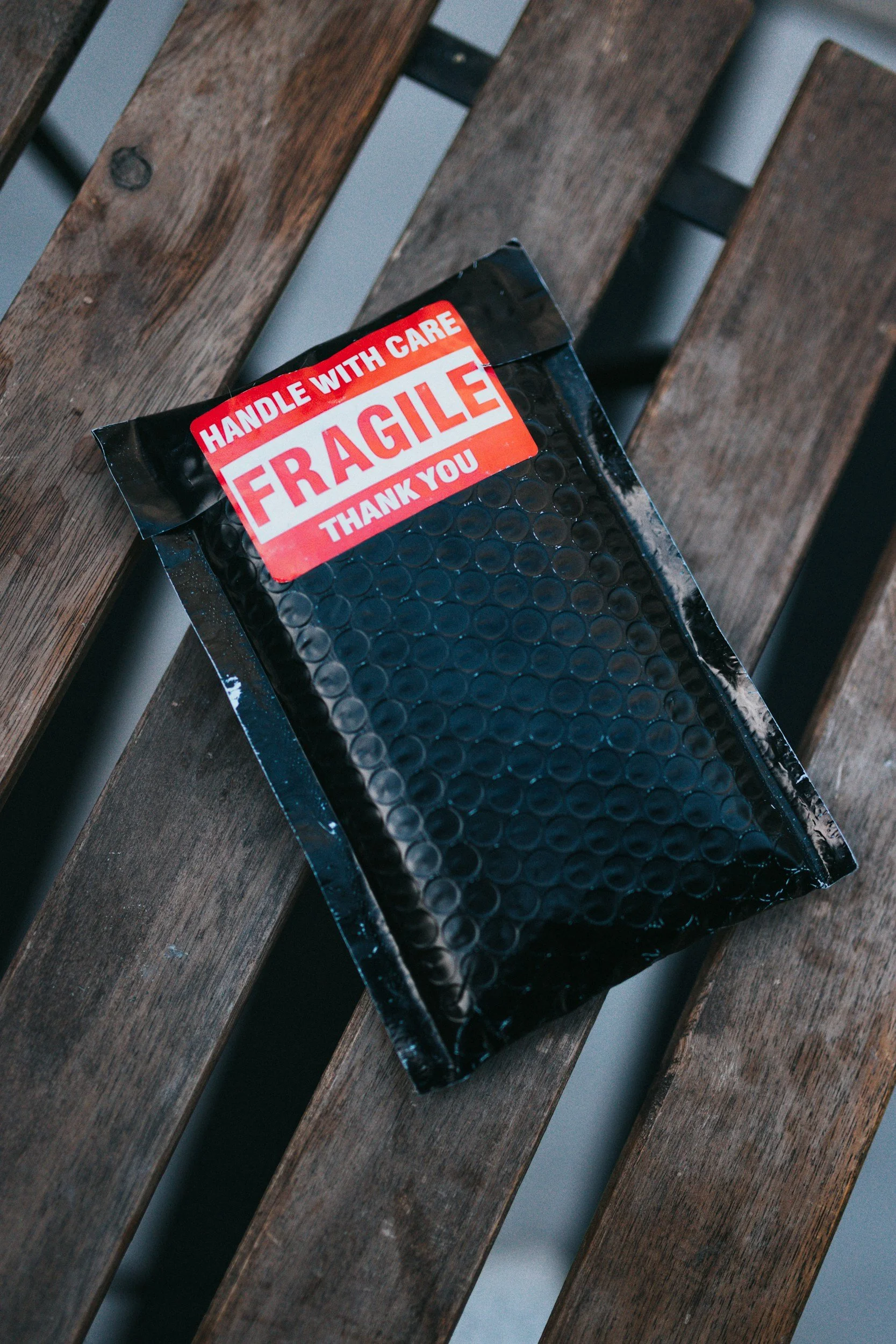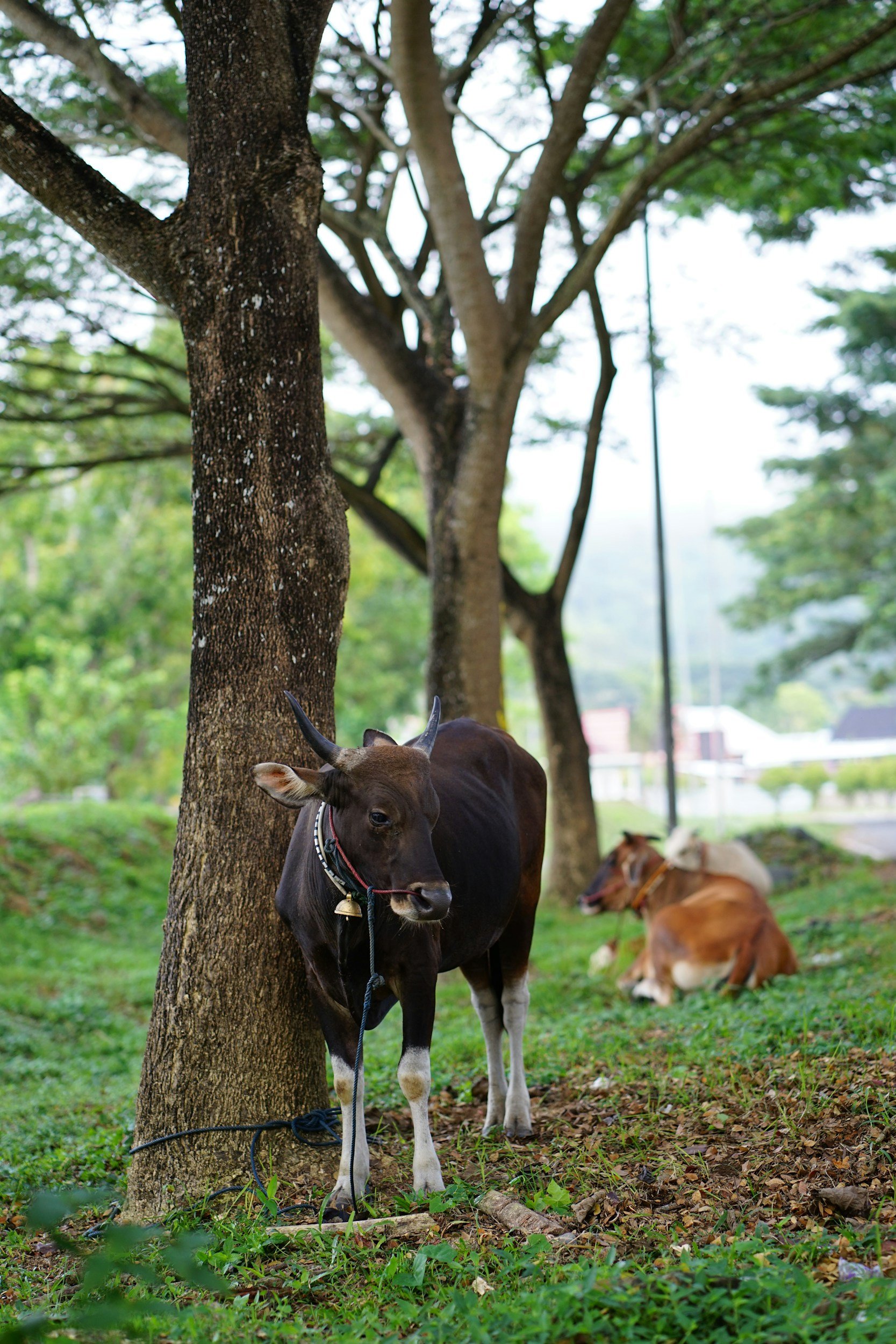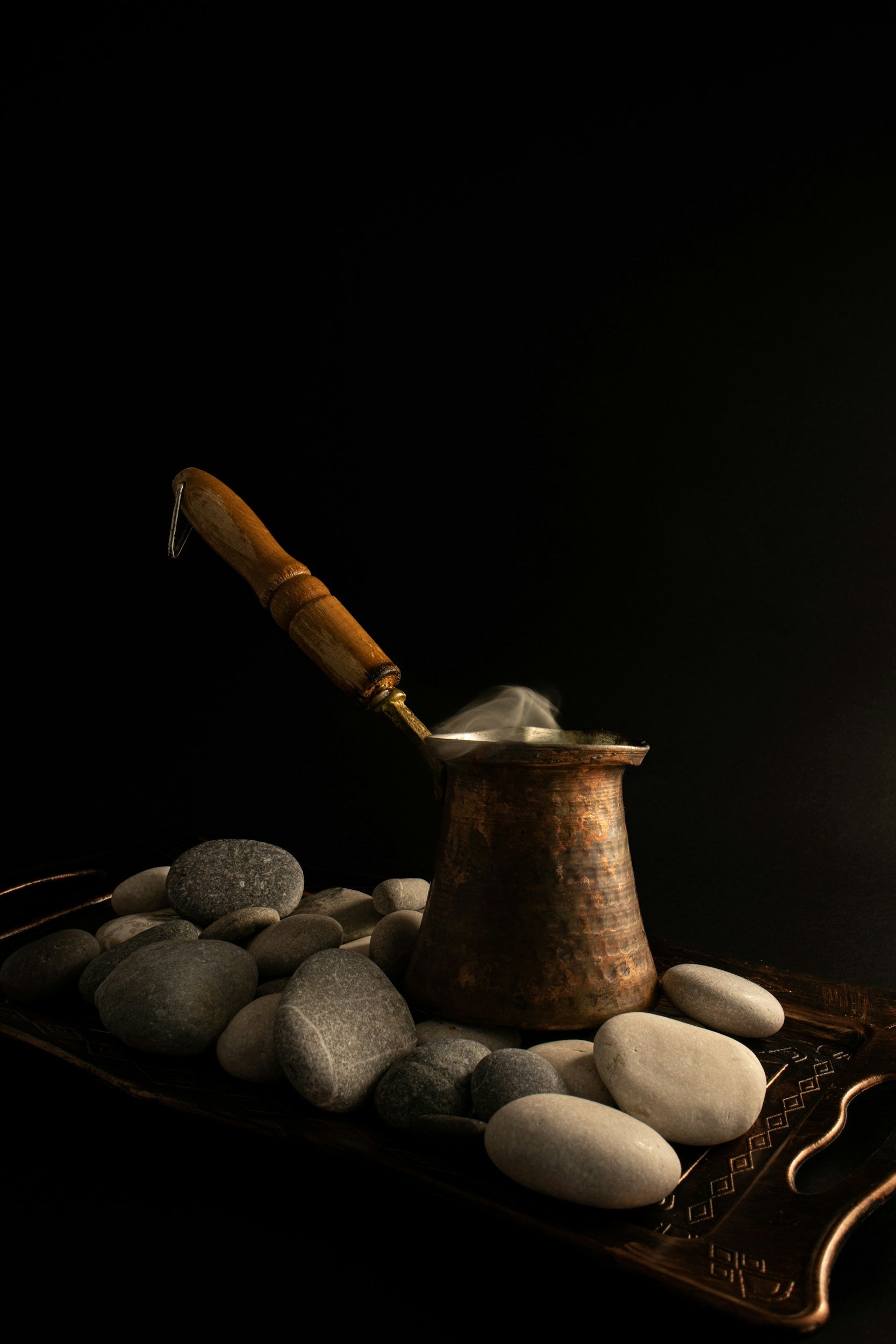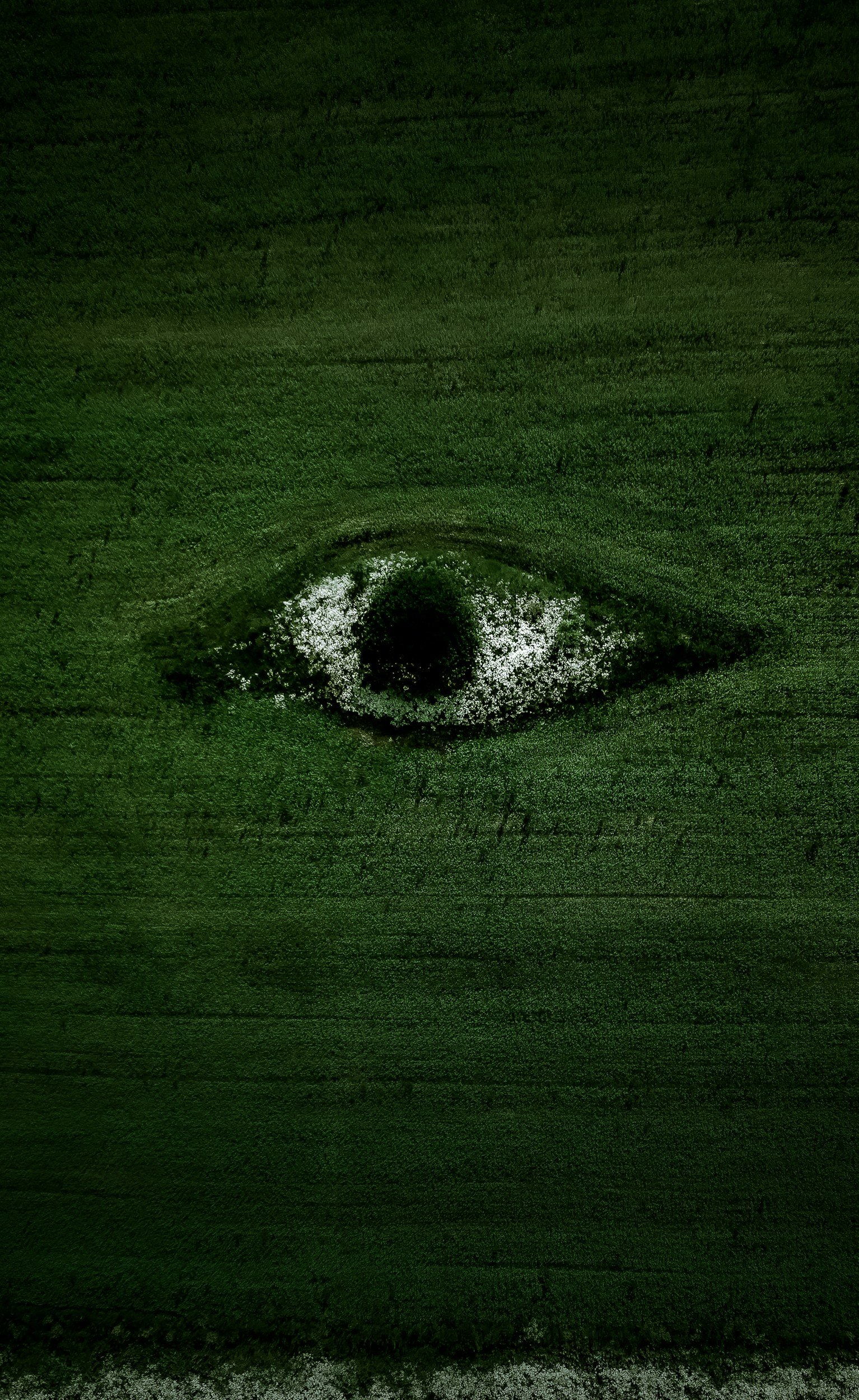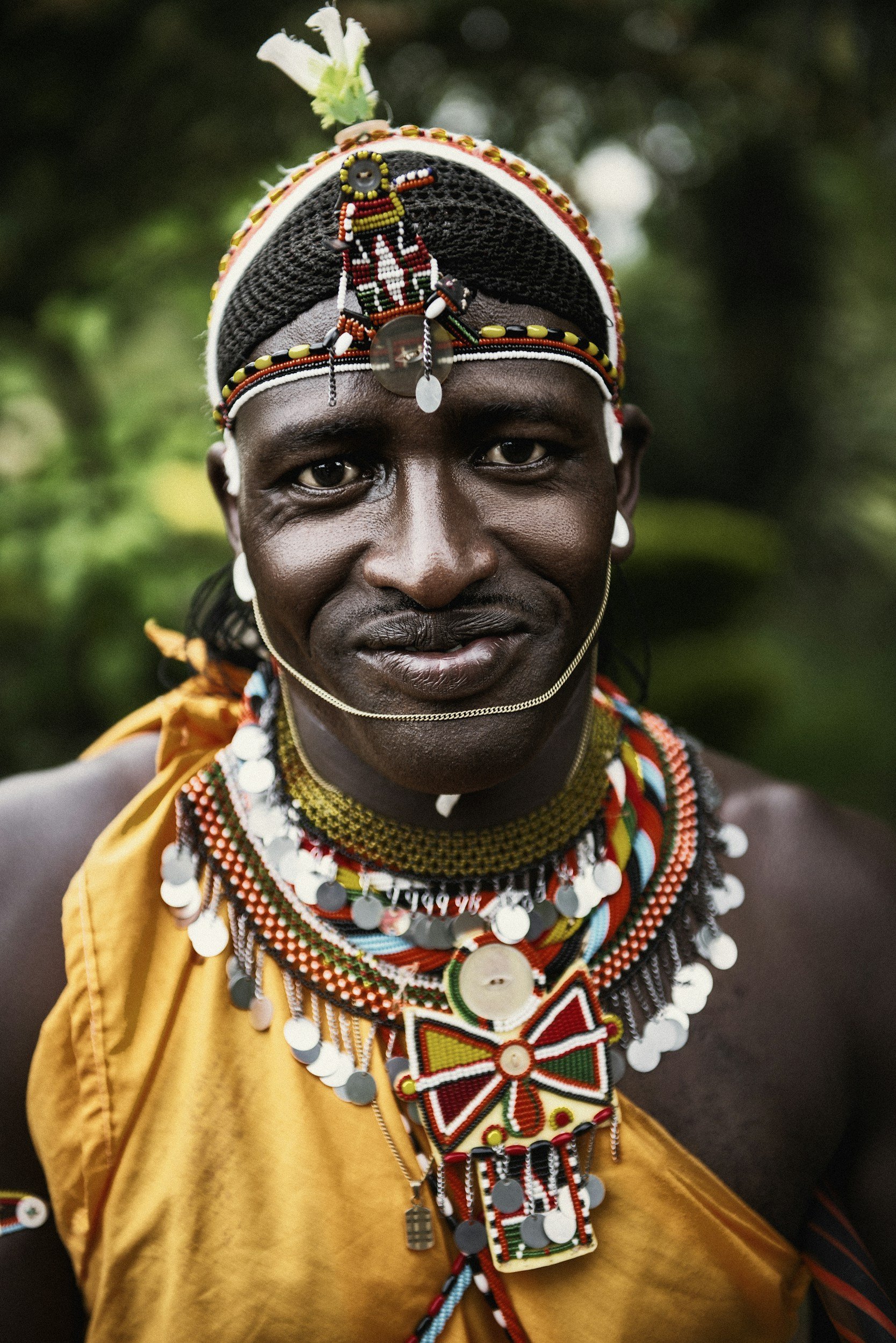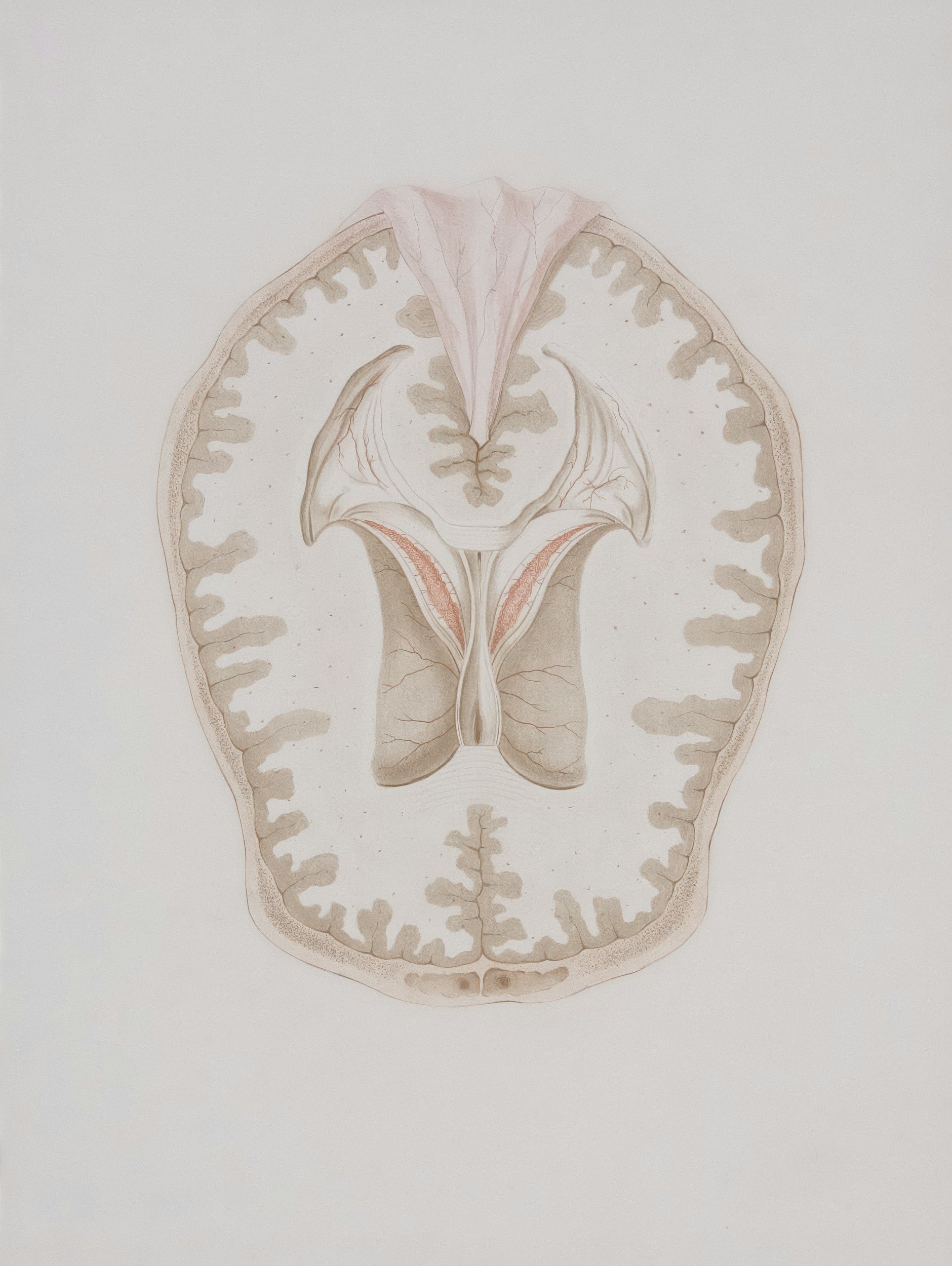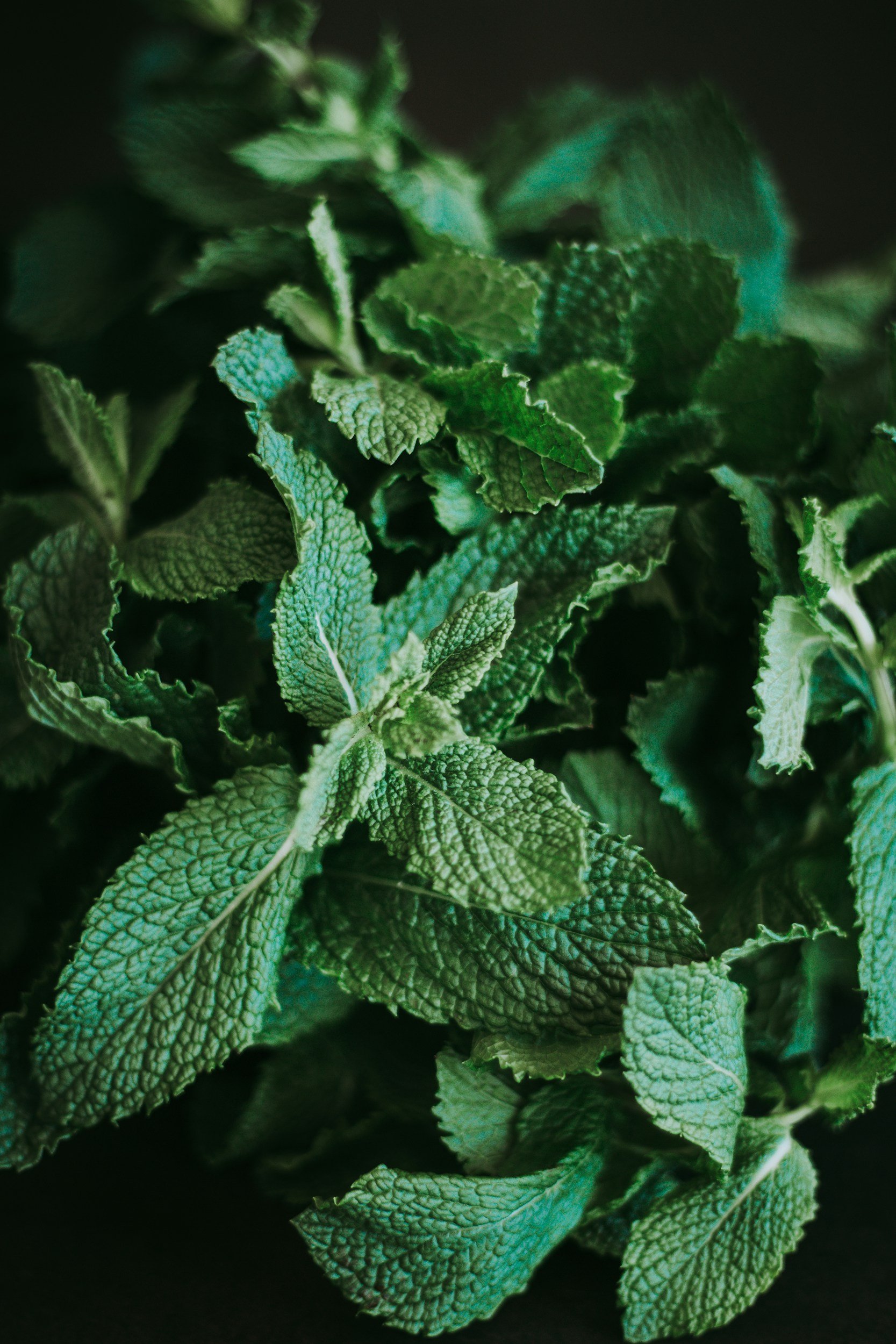The Role of Dibia Okpukpu as Igbo Orthopedists (Ancient Art of Bone Setting)
In the field of traditional Igbo medicine, the role of the Dibia Okpukpu, or bone setter, is very important. Orthopedics, a branch of modern medicine dealing with the correction or prevention of skeletal deformities, disorders, or injuries, finds its traditional counterpart in the ancient practices of these skilled healers. The Dibia Okpukpu are custodians of an age-old craft, combining physical manipulation, herbal remedies, and spiritual elements to heal fractures and other skeletal injuries.
The Role of the Dibia Okpukpu
The Dibia Okpukpu specializes in the art of bone setting, a practice deeply rooted in the traditions of the Igbo people. Unlike Western orthopedic surgeons who rely on modern tools such as Plaster of Paris (P.O.P.), antibiotics, and pain relievers, the Dibia Okpukpu employs a unique combination of herbal treatments, wooden splints, and sometimes clay or earth, to mend broken bones. These healers possess an innate talent, often described and labelled as a gift or calling, which is honed through years of apprenticeship and experience.
Traditional Bone Setting Techniques
One of the most fascinating aspects of Dibia Okpukpu is their use of natural materials in the healing process. When a patient suffers a fracture, the Dibia applies herbal concoctions to the affected area. These herbs, known for their medicinal properties, are prepared in a way that aids in the healing of bones. To make sure that the fractured bones remain in place and heal correctly, wooden splints collected from specific trees are sometimes applied. These splints, usually custom-made to fit the patient, can serve both as protective and supportive devices.
The application of these splints extends beyond a physical process; it is usually accompanied by incantations or other supernatural means. This spiritual element is believed to invoke the healing powers of the spirits or ancestors or deities, to ensure that the bones heal properly and that the patient recovers fully. The Dibia Okpukpu's understanding of both the physical and spiritual aspects of healing sets them apart from their Western counterparts.
The Spiritual Aspect of Healing
In Igbo culture, the practice of bone setting is not solely a medical procedure but also a spiritual one. It is believed that the healing of bones involves not just the physical alignment of bones but also the restoration of the patient's spiritual balance. The Dibia Okpukpu, therefore, plays a dual role as both a healer of the body and a mediator between the physical and spiritual realms.
This spiritual connection is reflected in the rituals that accompany the healing process. The Dibia may perform specific rites or make offerings to the gods or ancestors, seeking their blessings for the patient's recovery. This holistic approach to healing underscores the connection between the physical and spiritual worlds in Igbo medicine.
The Art of Bone Setting in the Modern World
While the methods of the Dibia Okpukpu have been passed down through generations, they continue to evolve to meet the needs of modern society. Today, some traditional bone setters incorporate elements of modern medicine into their practice, such as using antiseptics to prevent infection or collaborating with Western-trained doctors when necessary.
However, the core principles of traditional bone setting remain unchanged. The emphasis on natural remedies, personalized care, and the spiritual dimensions of healing continues to define the practice of Dibia Okpukpu. In some Igbo communities, these traditional healers are still a point of contact for people suffering from fractures or other skeletal injuries.
Final Thoughts
The practice of bone setting by Dibia Okpukpu is a testament to the rich medical traditions of the Igbo people. It reflects a deep understanding of the human body, a reverence for natural remedies, and an innate connection to the spiritual world. As modern medicine continues to advance, the ancient art of bone setting remains a vital and respected practice, bridging the gap between tradition and modernity.
For those seeking a holistic approach to healing, the Dibia Okpukpu offers a unique blend of physical and spiritual care, rooted in centuries of knowledge and experience. As we continue to explore the intersections between traditional and modern medicine, the role of the Dibia Okpukpu serves as a reminder of the importance of preserving and honoring our cultural heritage in all its forms. Yagazie!
Recommended Resources:
Dibịa is not Native Doctor: The Roles of Dibịa in Igbo Land — A Historical and Descriptive Approach | Igbotic Net (Article)
What is a Dibia? - Healers in Igbo Spirituality Explained | Medicine Shell (YouTube)
Who Is A DIBỊA Or Native Doctor In Ọdịnanị Na Omenani Igbo? | Voice Of The Sun (YouTube)
Who Is A Dibia? What Qualifies One To Be A Dibia? | Tobe Osigwe (YouTube)
